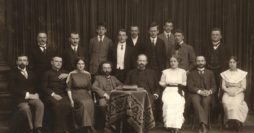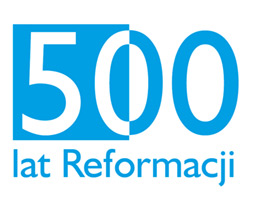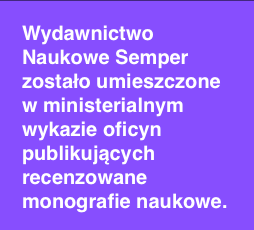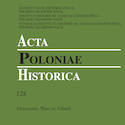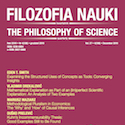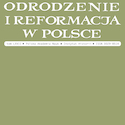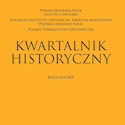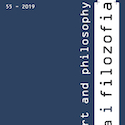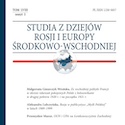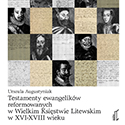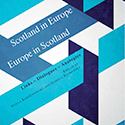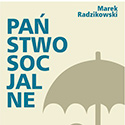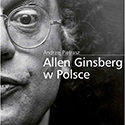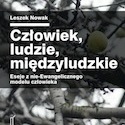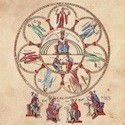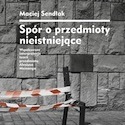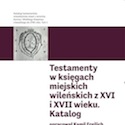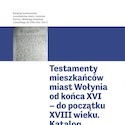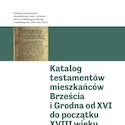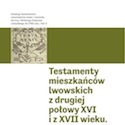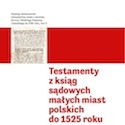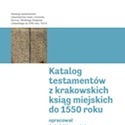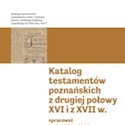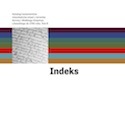Translation as Dialogue of Constraints
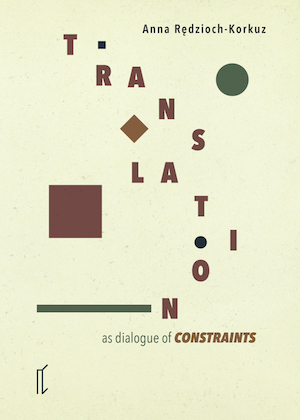
Anna Rędzioch‑Korkuz
Translation as Dialogue of Constraints
A General Theory of Translation
It is of no doubt that translation has played a powerful role in the world. At some points in history, it was the reason why some would be condemned to death; at other times, it would cause great political, social, and religious upheavals. It has both bestowed accolade on the ones who decided to master the art of translation and brought shame on those who most frequently decided to pursue their own paths. It has been a subject of one the most spirited debates among scholars, philosophers, poets or writers, all of whom have been trying to decide whether translation meant creativity, rewriting, an open interpretation, mechanical transfer or a faithful craft. Drawing on various theories of translation and semiotics, this book is a contribution to the branch of theoretical translation studies and aims to address some of the most burning questions of the discipline, such as:
— How to define the object of study?
— What are its elements and relationships between them?
— What is a text?
— Is every event of translation burdened with constraints?
— Do we need equivalence?
— What is translation?
— Is a general theory of translation possible?
By providing a detailed analysis of the key concepts and presenting them in a broad perspective of semiotics, the author puts forward a general theory of translation, which is understood as a constraint‑driven process controlled by the mechanisms of mediation and dialogue.
Anna Rędzioch‑Korkuz is Assistant Professor in the Institute of English Studies at the University of Warsaw. Her main research interests lie in theoretical translation studies, with reference to the relationship between translation and semiotics, the problem of translation constraints and a general theory of translation. Her research concentrates also on opera subtitling and singable translation.

